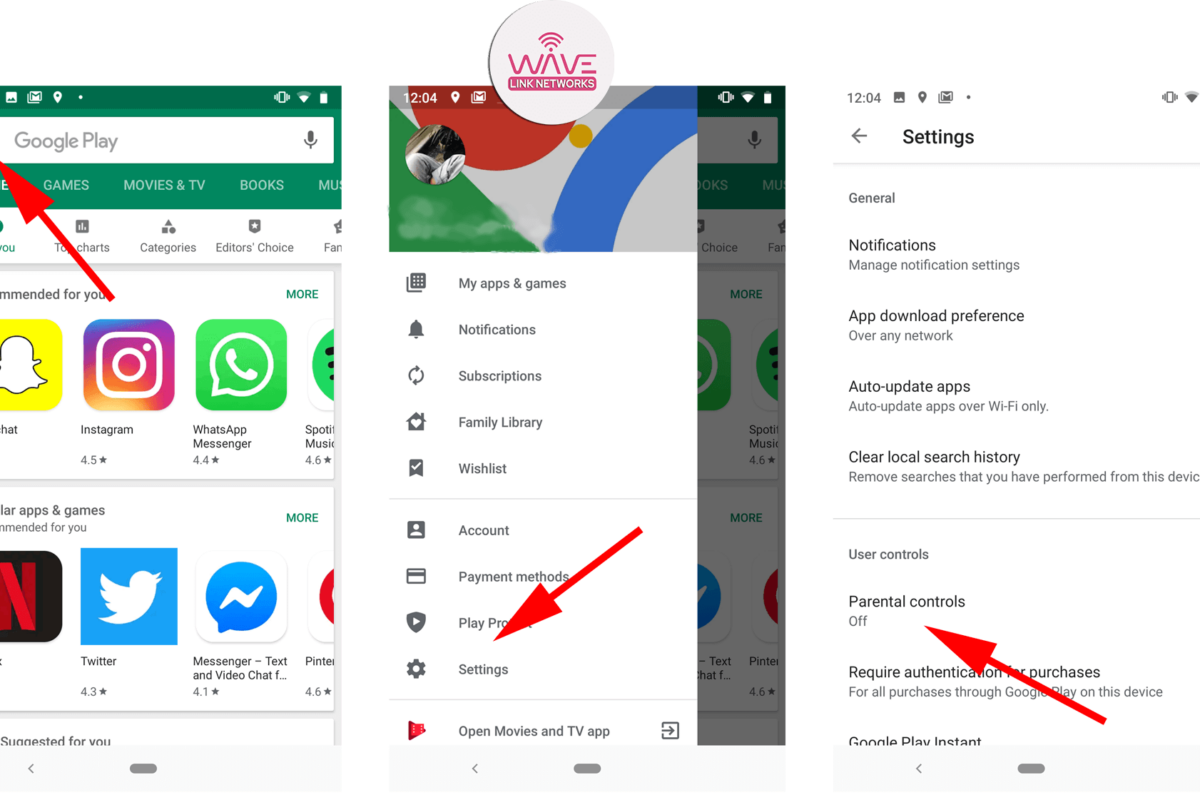Companies That Sell Poultry Incubators in Nairobi and Kenya
1. HatchPro Kenya
Description: HatchPro Kenya specializes in high-quality poultry incubators suitable for both small-scale and large-scale poultry farmers. They offer a range of incubators with advanced features to ensure high hatch rates.
- Contact: 123 Incubator Road, Nairobi
- Phone Number: +254 700 000 111
- Website: www.hatchprokenya.co.ke
2. Kenya Poultry Incubators
Description: Kenya Poultry Incubators provides reliable and efficient incubators designed to meet the needs of Kenyan poultry farmers. Their products are known for their durability and user-friendly operation.
- Contact: 456 Egg Street, Nairobi
- Phone Number: +254 711 222 333
- Website: www.kenyapoultryincubators.com
3. Ecochicks Poultry Limited
Description: Ecochicks Poultry Limited offers a variety of incubators, including automatic and manual models. They also provide after-sales support and training for optimal incubator use.
- Contact: 789 Hatchery Avenue, Nairobi
- Phone Number: +254 722 333 444
- Website: www.ecochickspoultry.com
4. Chick Master Incubators
Description: Chick Master Incubators is a leading supplier of poultry incubators in Kenya. They offer advanced incubation technology to ensure high efficiency and hatchability.
- Contact: 321 Brooder Lane, Nairobi
- Phone Number: +254 733 444 555
- Website: www.chickmasterkenya.co.ke
5. AgroTech Kenya
Description: AgroTech Kenya provides a range of agricultural equipment, including high-quality poultry incubators. They focus on innovative solutions to support modern farming practices.
- Contact: 654 Farm Tools Road, Nairobi
- Phone Number: +254 744 555 666
- Website: www.agrotechkenya.co.ke
6. Amiran Kenya
Description: Amiran Kenya offers a comprehensive range of agricultural products, including poultry incubators. They are known for their reliable products and excellent customer service.
- Contact: Old Airport Road, Nairobi
- Phone Number: +254 711 123 456
- Website: www.amirankenya.com
7. Poultry Incubators Kenya
Description: Poultry Incubators Kenya specializes in selling and servicing a wide variety of incubators. They cater to both small and large-scale poultry operations with efficient and affordable solutions.
- Contact: 987 Feathers Boulevard, Nairobi
- Phone Number: +254 755 666 777
- Website: www.poultryincubatorskenya.co.ke
8. Techfarm Kenya
Description: Techfarm Kenya supplies a variety of agricultural equipment, including poultry incubators designed for high performance and durability.
- Contact: 213 Farm Lane, Nairobi
- Phone Number: +254 766 777 888
- Website: www.techfarmkenya.com
9. Incubator Warehouse Kenya
Description: Incubator Warehouse Kenya provides a wide range of incubators suitable for different poultry farming needs. They offer both local and imported models.
- Contact: 876 Incubation Street, Nairobi
- Phone Number: +254 788 888 999
- Website: www.incubatorwarehousekenya.co.ke
10. Agro Farmers Ltd
Description: Agro Farmers Ltd offers various agricultural products, including poultry incubators. They are known for their high-quality equipment and customer support.
- Contact: 102 Poultry Drive, Nairobi
- Phone Number: +254 799 999 000
- Website: www.agrofarmersltd.com
We compiled this list of 10 companies from which you can acquire a poultry eggs incubator for your poultry farming in Kenya. We Hope this list will will be of great use to you if this is an area of interest for you!
SOCIAL MEDIA











